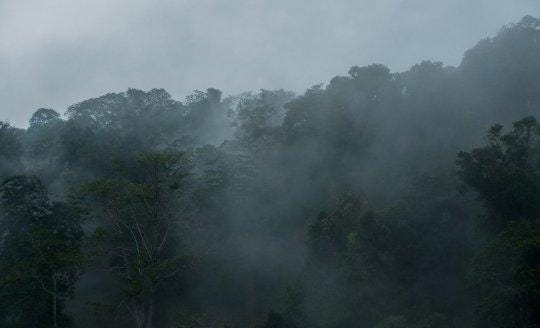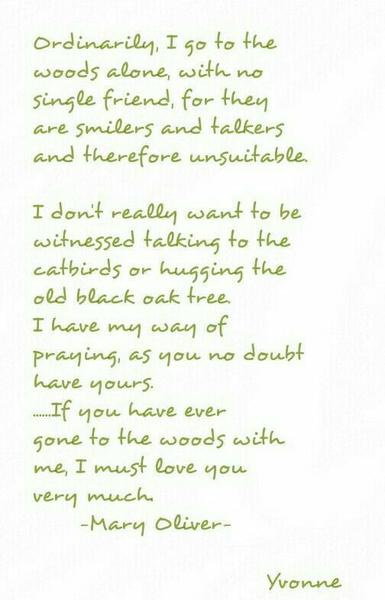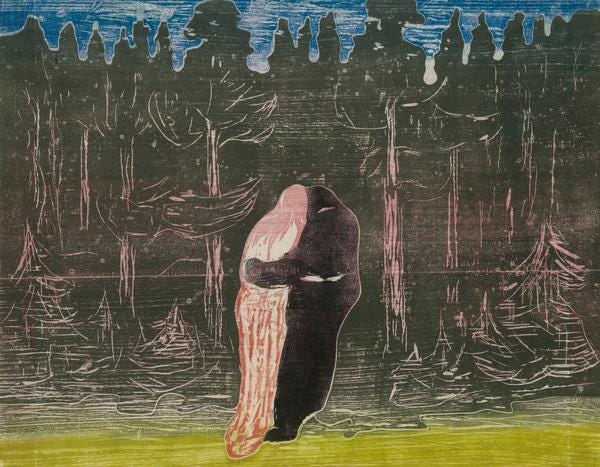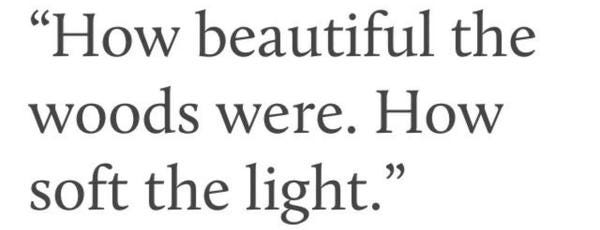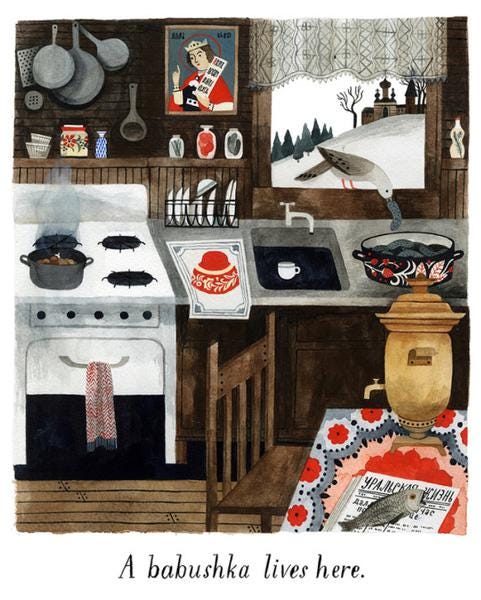ode to the woods
Don't hate me but I never found anything extraordinary about the mountains, nothing about the ability to walk quietly through a forest, and live slowly for days at an end symbolized desirability for me. The pandemic changed this, and I found a newfound appreciation for my parental home.
My friends and I formed a book club and of course, we picked up a Jeanette Winterson book. In her memoir, she writes, "There are times when it will go so wrong that you will barely be alive, and times when you realize that being barely alive, on your own terms, is better than living a bloated half-life on someone else's terms." and it struck a chord in me. Evenings come early to the mountains, and I find myself predictably tired and blanking out. The beauty outside my window is dependable and has a way of seeping into your gaze like happiness finding a way in through tiny moments.
What do your tiny moments look like?
xx,
srish
Onto other things, I've had the opportunity to interview Hannah of (@hannecdotess), an excerpt is produced below:
Srish:There is no questioning the fact that savarna feminism has failed DBA women. Not only did we not incorporate a caste component in our learning, we now demand to be educated from the very community fighting for their own rights. Because any intersectional liberation movement that really gets the job done must think about, and consult the women on the margins, my question to you is- what does a context devoid of savarna feminism look like? Maybe you can describe the spaces you're in (with members of the savarna community), where the conversation on feminism doesn't revolve around savarna talking points.
Hannah: That’s a conversation we are still not ready to have to be very honest. A context devoid of Savarna feminism is a context where those who have climbed up the capitalist ladder are not our leaders. But it is the likes of Soni Sori and Hidme Markam, the ones working in Bastar, Chhattisgarh fighting for the rights of Adivasis who have been unfairly incarcerated. Those who have corner cabins and a view of the BKC wasteland don’t get to be our poster childs of feminism. It is my friend in Assam working to help trans women get access to ration and food during the lockdown who to me should be on a poster. It is the friend who is writing critical pieces questioning the way Brahmanism hurts all of us who is more important to the movement than the likes of Kavita Krishnan. These are not women we “consult”, these are women who lead from the very front.
I honestly avoid spaces with Savarna women because of the gaslighting that we receive and the excessive emotional labour expected out of us. But I am honestly hopeful for them to distance themselves from the supremacy that Brahmanism awards them. I am hopeful for a day when they begin to see that all of our womanhood is held with love and compassion in the hands of a Dalit / Adivasi / Muslim trans person’s hands better than in our own. And in their voice, we all have a hope for liberation.
you can find the full article up on our website
Also, side note, but this painting by Carson Ellis is oddly similar to my kitchen (sans the babushka):

